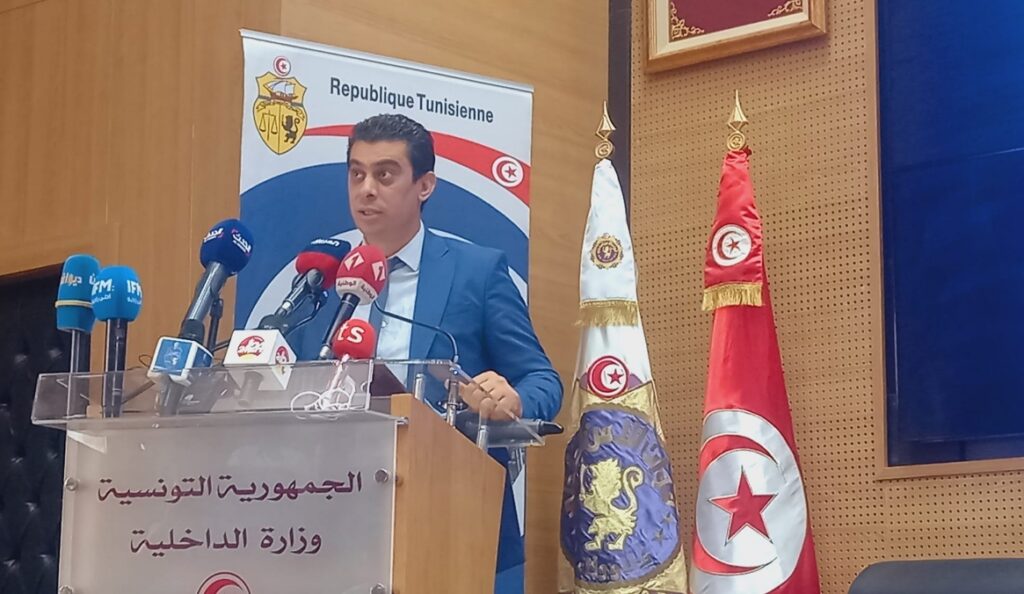Tunis, Tunisia – A resolution has been reached regarding migrants stranded at the Tunisia-Libya border, according to Tunisian authorities.
An agreement was made between Interior Ministry officials from both countries following a meeting on Wednesday, said Interior Ministry spokesperson Faker Bouzghaya in comments to Agence France-Presse (AFP).
Under the agreement, the two nations will take in the migrants who were stuck along the border. The Tunisian Interior Ministry reported that 76 men, 42 women and 8 children were relocated to shelters in the governorates of Tataouine and Medenine and received medical and psychological care.
The Libyan Interior Ministry transported approximately 150 migrants from the border, per Bouzghaya. Officials did not provide additional details about the destination or condition of those migrants.
On Wednesday, Libya’s interim unity government had confirmed that a consensus was reached between the Interior Ministers but did not elaborate. By Thursday, Libyan officials stated that no migrants remained in the area.
The migrant crisis stemmed from an incident on July 3 in Sfax, Tunisia, when a Tunisian citizen was killed during an altercation with irregular migrants. Human Rights Watch (HRW) reported that Tunisian security then expelled over 1,200 migrants to remote border zones.
Tunisian Red Crescent shelters housed around 630 migrants as of July 12, according to HRW. However, aid groups said hundreds more had remained stranded until this week’s agreement.
Authorities from both nations coordinated efforts this week to evacuate and transfer the migrants from the border. Officials have not released details on long-term plans for those relocated.
Last week, United Nations Secretary-General Antonio Guterres condemned the expulsion of sub-Saharan African migrants from Tunisia towards the Libyan and Algerian borders. Hundreds were left stranded and starving in the desert, with some perishing.
“Many migrants have died on the Tunisian border with Libya, and reports indicate hundreds of people, including pregnant women and children, remain stranded in harsh conditions and with dwindling access to food and water,” said Farhan Haq, Guterres’ deputy spokesman, during a press conference at UN headquarters in New York.
